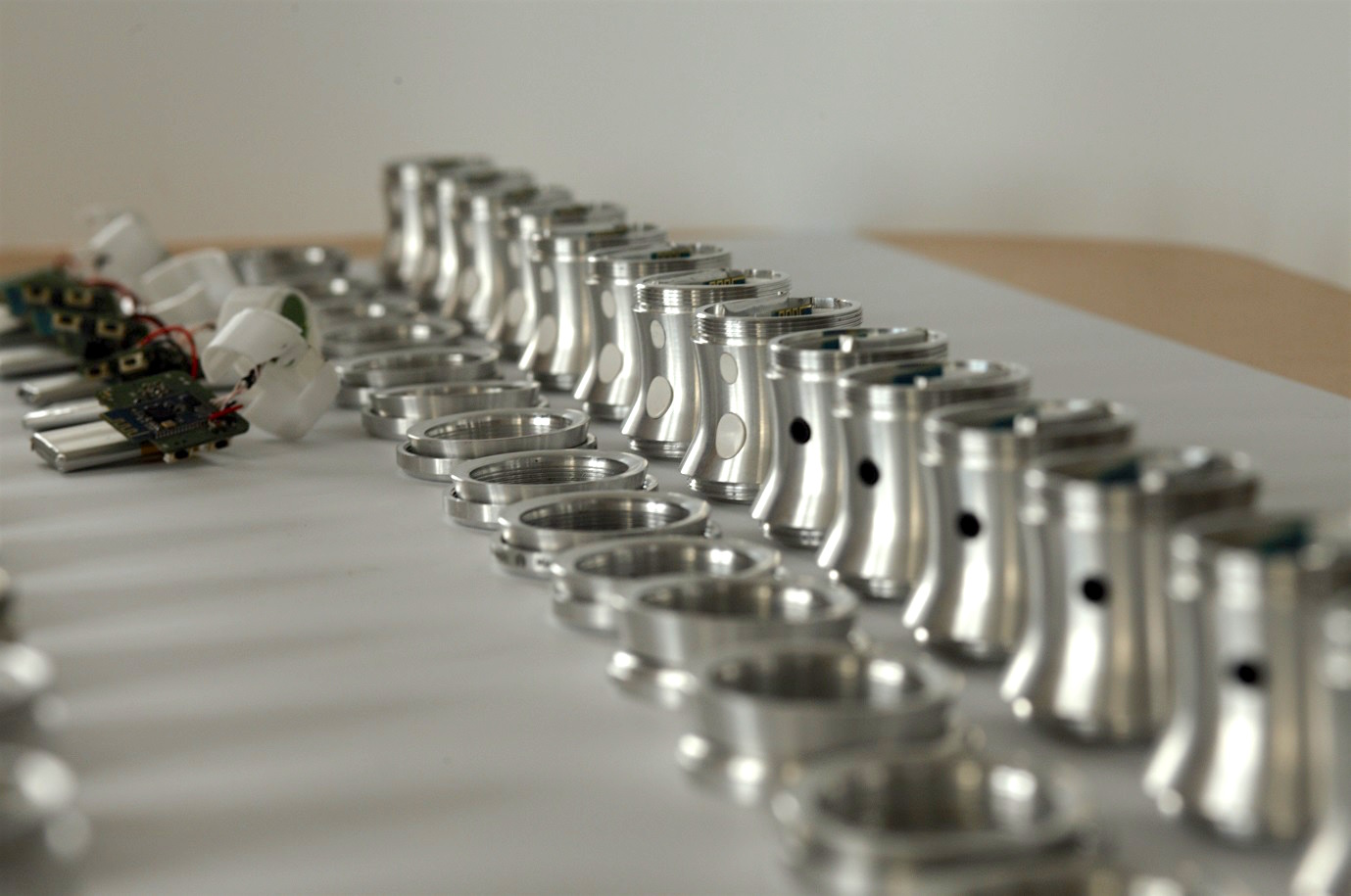https://habr.com/en/company/spbifmo/blog/491424/- ITMO University corporate blog
- Studying in IT
- Start-up development
- Medical gadgets
Laeneco is a smart stethoscope capable of detecting respiratory diseases with greater accuracy than most trained medical professionals. Let's take a look at the device, the way it works, and the people behind it.
 Laeneco ©
Laeneco ©
On the importance of a good stethoscope
Respiratory diseases
account for more than 10% of all the productive years lost to disability (DILYs). After heart diseases, they are the second most common reason people seek medical attention. These conditions are typically diagnosed via auscultation, or, to put it simply, the act of listening to the patient’s lungs. This practice dates back to 1816, the year it was first applied by
René Laennec, a celebrated French physician and scientist. He was the first person to catalogue most common auscultative phenomena — the noises, crackles and crepitations. A simple wooden tube —
the first ever stethoscope — helped him complete this task.
21st century doctors have a variety of tools to help them visually assess people’s lungs. Yet the practice of auscultation remains popular.
Valentin Fuster, the physician-in-chief of the Mount Sinai hospital in New York, insists that stethoscopes are incredibly important for the timely detection of respiratory illnesses. He even wrote a paper in defence of this seemingly antiquated practice, citing multiple examples of auscultation saving lives. But it takes skill. You have to learn to interpret the sounds you hear through the stethoscope. The quality of this process can vary — on average, doctors only get it right 67% of the time. This is where
Laeneco comes in. This smart stethoscope utilizes machine learning algorithms to improve the quality of the assessment.
The product
Laeneco is equipped with an ultra-sonic microphone, capable of capturing sounds beyond what regular humans can hear. It can then amplify the sound to help physicians listen to the quieter noises. This is important when working with obese patients, as their size makes it harder to hear the sounds their lungs make. Older physicians who are hard of hearing are also going to find this feature useful. Deep neural networks help detect sounds indicative of respiratory illnesses. Right now, the device’s accuracy rate is 83%, but, as the networks learn more, this metric can theoretically reach 98%. The team is collecting new data to make this happen.
 Pixino / PD
Pixino / PD
You don’t even have to be a medical professional to make use of this gadget. The Laeneco smartphone app saves and displays the captured data in an accessible manner, while guiding its user through the diagnosis process. A device such as this can help home users detect chronic lung diseases early on. Future updates to the app will expand Laeneco’s functionality, to make it a more compelling sell. In particular, the team is thinking of adapting it to analyse the sound of the person’s heartbeat in order to detect cardiovascular diseases.
The team
The Laenco team consists of just three people: Evgeny Putin, Sergei Chukhontsev and Ilya Skorobogatov.
Evgeny works at the university’s
Computer Tech lab and hosts a machine learning club. He’s one of the creators of
Aging.ai — a tool capable of determining the patient’s age using a blood sample.
Sergei graduated the Institute of Law at the Udmurt State University, and has experience developing collaborative manufacturing networks.
Ilya graduated ITMO University with a computer science degree and participated in manufacturing automation projects. He was the one to think of the smart stethoscope idea while developing an audio sensor that detects faulty factory equipment.
In 2017, the team graduated from the Future Technologies accelerator program at ITMO University. They created a solid business plan and developed a working prototype. Following the graduation, the stethoscope was presented to the public at the *SHIP-2017 startup festival in Finland and at the 2018 St. Petersburg International Economic Forum. Later that year, the product was praised by our panel of experts at the “Japan — the land of the rising startups” pitch session.
Further reading:
Inside ITMO University:

